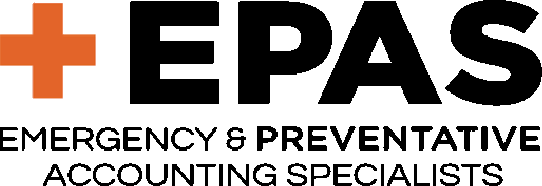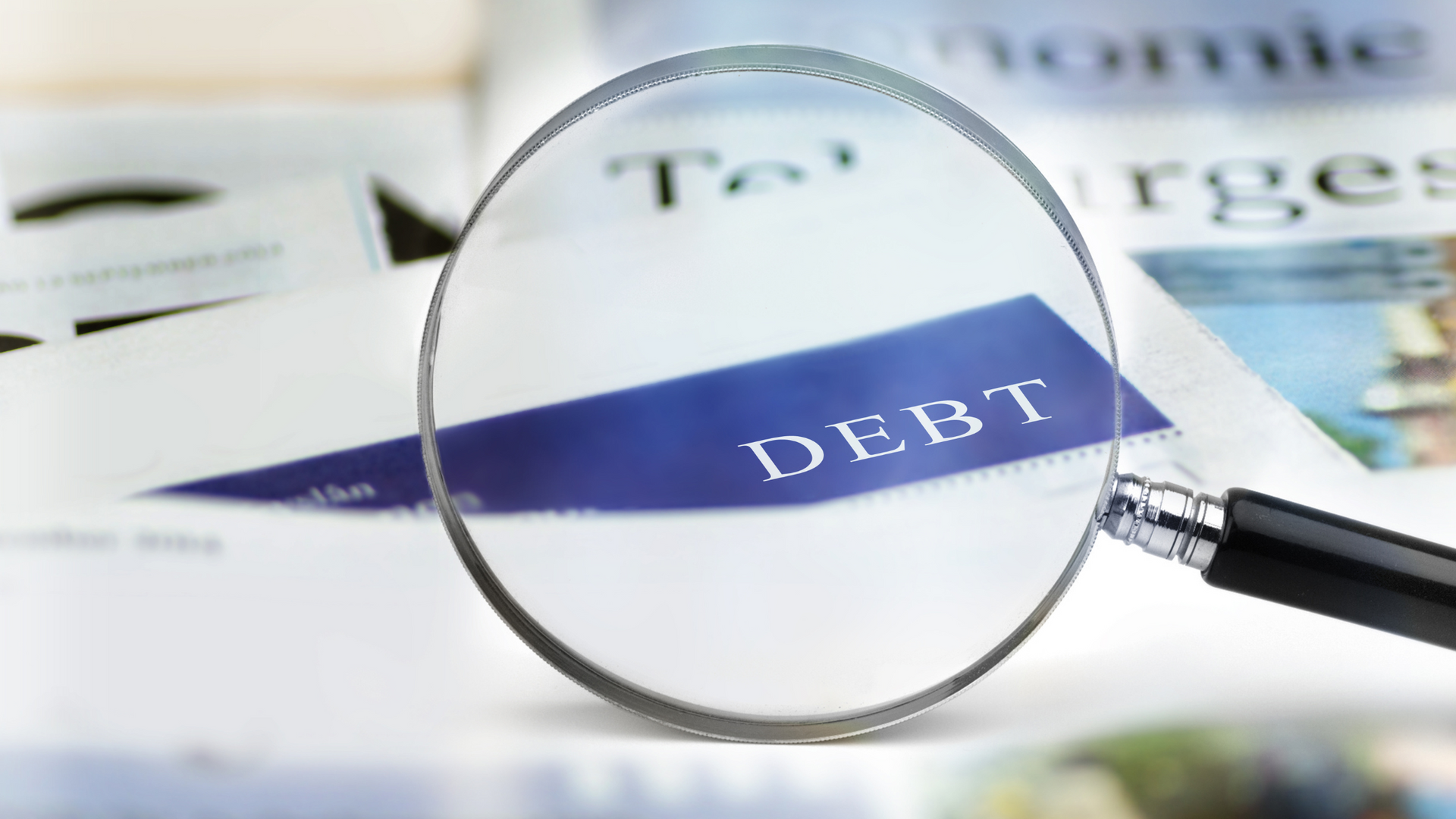Get in touch
1800 556 426
AUSTRALIA' S ONLY 24/7 EMERGENCY TAX DEBT HOTLINE CALL 24/7 - 1800 556 426
AUSTRALIA' S ONLY 24/7 EMERGENCY TAX DEBT HOTLINE CALL 24/7 - 1800 785 265
EPAS Helps You Ride The CoVid Wave
Many owners and directors of Australia's 3 million small businesses were riding high in November 2019. Strong economic growth, broadening the reach of products and services into China, Asia and the opportunities afforded us by the UK’s Brexit. Hong Kong unrest and the strong hand of China’s military, the American change of political power on the horizon, the stepping down of the Mother of Germany’s political leadership, and the rise and rise of Jacinda Ardhern are today, in January 2022, forgotten.
What is not forgotten is the grinding halt that began in January 2020. Business and politics are intricately entwined, something many have forgotten during 100 years of relatively good times. The globalisation of trade, high volumes of international and domestic travel, and uncomplicated visa systems to facilitate the fast movement of students, travellers and businesses around the shrinking planet. The biggest concern of 2017 – 2019 was global warming, improving air quality, and reversing the human footprint on our environment.
When one of Australia’s most respected CEOs, Alan Joyce of QANTAS grounded the international fleet, shortly thereafter the domestic fleet, he led many of the political leaders both at home and abroad by taking hard decisions early and all-encompassing. Criticised for a lack of concern for the welfare of staff, being unrealistic in his foresight and only concerned for the share price, hindsight sees QANTAS in an unenviable position to take to the skies within a very different environment than the profitable 2019 year. The Morrison Government, slower to respond paid the price in the first CoVid wave.
Wave 1 – JobKeeper and JobSeeker
Three simultaneous international events impacted a local economy that survived on the largest stimulus packages ever seen in Australia, most of Europe, China, India, and the Americas. Political unrest following the US election saw challenges to the democratic heart of the country, perhaps best remembered by millions being hospitalised from CoVid’s effects, the highest per capita rate of hospitalisation and death, as the country watched in horror as US citizens stormed Capitol Hill.
Australia witnessed a trade backlash from China in response to Australia’s call for greater transparency around CoVid almost wiped out the wine, mining and thousands of other small business operations. The impact was greater still due to the speed of the growth of the online store. Similar situations occurred around the free-trading globe. Steel came to Australia’s rescue as Brazil could not meet additional Chinese and Indian demands. Soaring prices created fake bubbles such as the housing, crypto or precious metal bubbles. Free trade ground to a halt over a 3 month period.
National defence, infrastructure or technology which relied on imported components highlighted the need for all countries with closed borders to produce products locally. Many nations still rely on imports for basic supplies that could be produced within their own borders. A new opportunity for small businesses presented itself, but many owners lacked the cash flow to pivot their operations.
The vaccine race defined the year – with many countries producing vaccines and starting programs to vaccinate their population with only the barest minimum of testing the efficacy on humans. It was small business owners in Australia who fought the mental, financial and emotional battle to keep employees employed ‘for when we open in 3 months or to terminate them to an uncertain financial future.
From day to day, week to week, the application for grants, new benefits, new supply chain bottlenecks, and a race to exploit the digital marketplace caused enormous stress on small business owners. Rising again like the phoenix, sales stopped completely or exploded without the ability to fully cope with the new demand.
Change, adapt, change, apply new policies, develop new risk management processes, re-write school or university courses for delivery online, conduct meetings on Zoom, or learn to use Google, and try out Microsoft Teams. Everything was new. Everything required a new skill set, different technologies and nimble processes. Without government intervention, thousands of businesses would have been liquidated.
Mental health and wellbeing became the fastest treatable disease as we were locked out of exercise venues, taken away from face-to-face activities, and cocooned in a false sense of, “by November we will be operating again”. It was about to get worse.
Wave 2 – Locked Down Again
“Just when you thought it was safe to go out…. ” No, it really wasn’t. There was a new CoVid on the block, more contagious and spreading like wildfire in India. Overloaded hospitals, thousands of dead, and Australians being told not to leave as they were not welcome at home.
The impact of no tourism began to hit Australians in this sector, the entertainment and arts sectors suffered a similar fate. Closed with no scheduled reopening. Of course, this leaves out the largest foreign currency earning sector in the economy: the education sector.
International events don’t affect all small businesses, but tourism, entertainment and the arts and the education sector do. Small businesses are not just entities that make profits. At their heart, they are families, people with a passion and purpose.
Many of the people of small businesses were suddenly faced with financial, personnel, supply chain and health issues simultaneously. The mental health toll is, even at the 2-year mark, impossible to calculate. The World Health Organisation reveals that 1 billion people globally have untreated mental health conditions that have been exacerbated or triggered by the pandemic.
The same report highlights this extends across all socio-economic, gender, racial and location boundaries. Yet in the middle of these circumstances, the wealthiest 0.01% of the world’s population has increased their wealth exponentially. Funding in startups in 2021 was 4 times greater than the year before, cryptocurrencies and stock markets, enjoyed the lowest interest rates in history and government money printing rose to new record highs. The Australian property market enjoyed the fastest gains in decades, including regional areas with the ‘great escape’ of city workers to rural settings.
It was hard to enjoy the good news as a foundational shift has occurred in all economic theories. Public Health England surveys found that ‘Personal health and wellbeing is the No. 1 reason for lifestyle choices.’ Humanity has come to the realisation that without health, nothing else matters. But weariness with lockdowns and freedom restrictions, and lack of business or personal opportunity revealed itself in public protests against lockdown laws. Was society about to implode? Let’s open up and see what happens.
Wave 3 – Delta, Omicron A and B
As Delta’s dark wave receded, it was time to open for business. SMEs' adaptation to volumes of the new legislation was admirable. Rewriting thousands of policies, changes to employment legislation and court rulings on mandatory vaccination rules took shape in 2021. Just as societies began opening, populations looking forward to greater freedom and businesses began hiring staff to meet the expected explosion of trading, Omicron arrived.
Business owners are used to meeting new challenges, but this one was different For the first time, Australia experienced unmanageable numbers of infections that crowded health services. Business owners, desperate for income opened their doors. Most had few if any customers. On the supply side, the food sector finds it hard to get the supplies it needs, and every day is a staffing challenge. Worse still, price increases in goods and services outstrip demand for them. Delivery costs on both supply and sales sides of the business equation have increased so much in some sectors that businesses' profits are almost totally eroded.
Omicron may be a less dangerous version of CoVid on one's physical health, but for many SMEs, it is too much to continue into another year of unknowns. Research from Havard University indicates that one thing that can make a huge impact right now on you personally and the team you would like to be working with, if only they weren’t on 3 days off because of a ‘close contact.’ Developing gratitude and happiness helps us focus on the brighter, happier side of life. Strange as it may seem, the research by Dr Shawn Achor highlights amazing results across almost all areas of the economy. Your business could benefit by implementing the 5 basic principles he discusses in his TED talk.
Australia needs her small businesses. She needs them to be vibrant, strong and creative in their solutions. Our economy benefits across all sectors when our SMEs are profitable and serving the best to their customers. If you need support, strategy or a second opinion on how to move forward in 2022, it is time to leave behind those things that no longer serve you and open the doors to new ideas and a different perspective.
We are Australia’s only Emergency Accountants. We are here to support and serve small businesses. Small businesses just like ours, with special talents and great people.
Copyright © 2021



